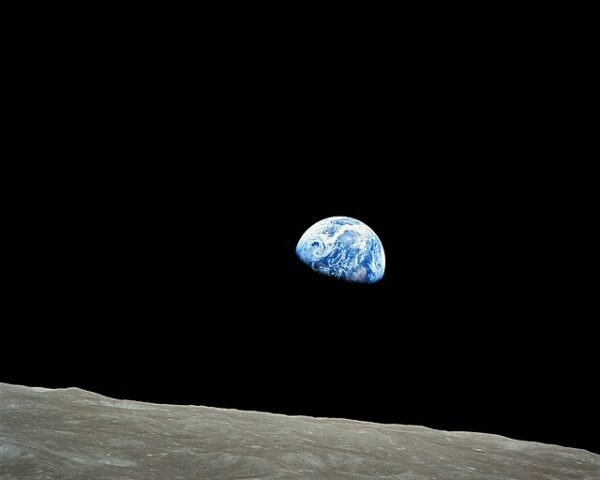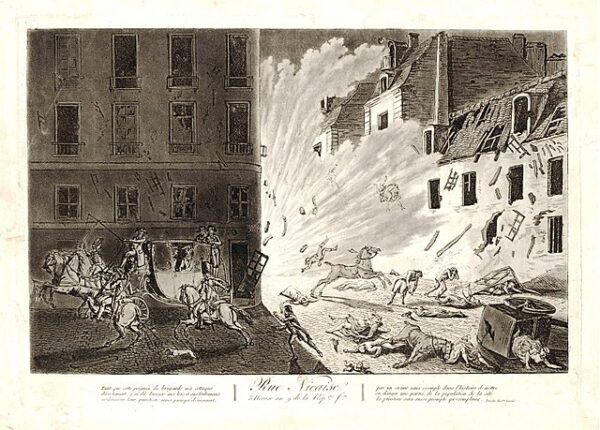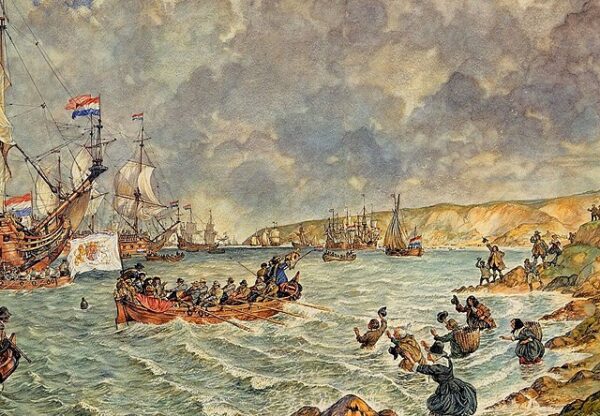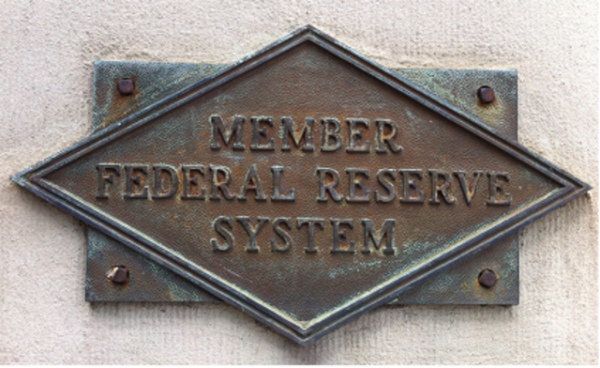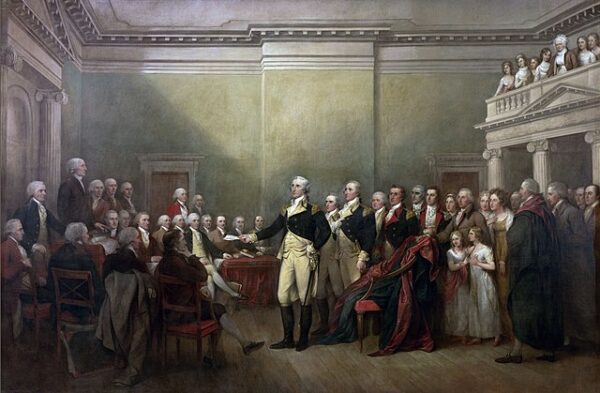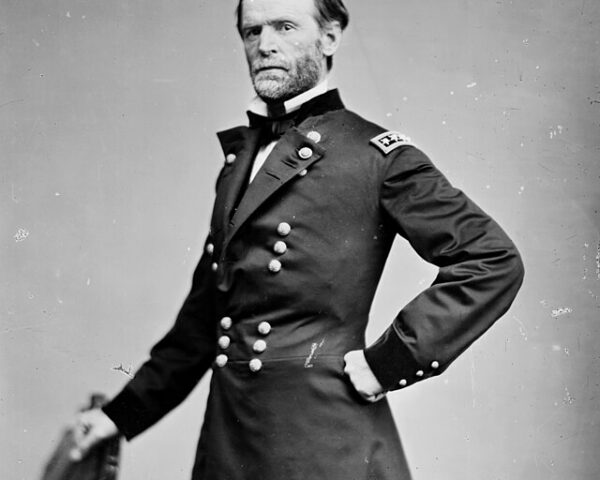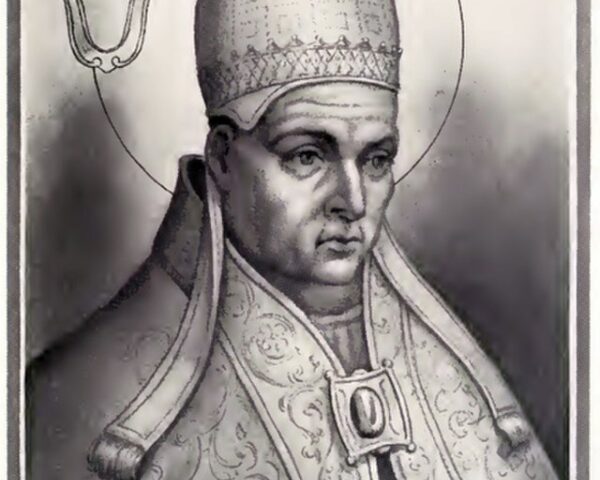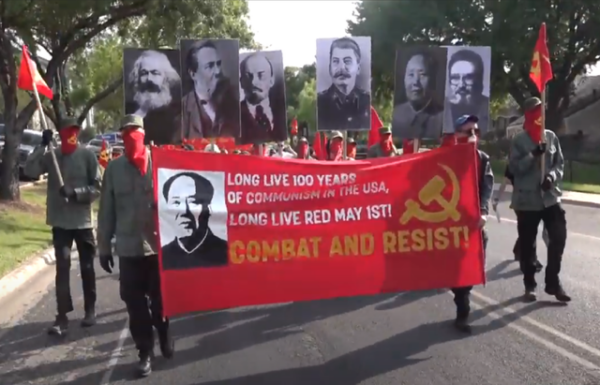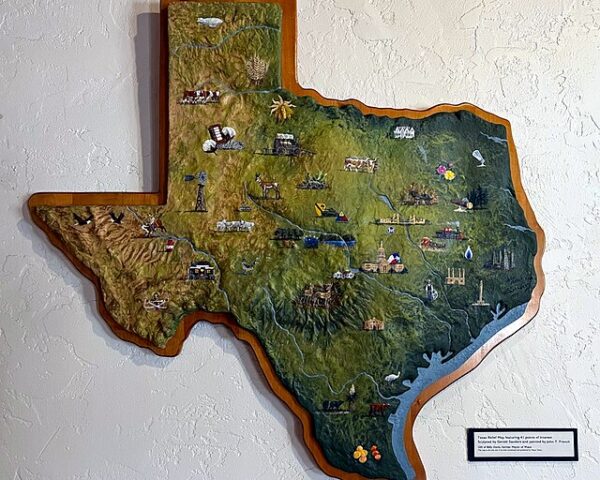In the early hours of December 24, 1914, amid the frozen mud and shattered landscapes of the Western Front, an extraordinary pause descended upon the bloodiest conflict Europe had ever known. World War I, only five months old, had already hardened into a war…
Read MoreOn December 24, 1968, NASA launched Apollo 8, marking a monumental achievement in space exploration. Led by Commander Frank Borman, with Command Module Pilot James Lovell and Lunar Module Pilot William Anders, Apollo 8 became the first crewed spacecraft to leave Earth’s orbit, travel…
Read MoreOn the cold evening of December 24, 1800, an explosion shattered the Rue Saint-Nicaise in Paris, sending shock waves through a nation already rife with political tension. The target of this assassination attempt was none other than Napoleon Bonaparte, the First Consul of the…
Read MoreOn December 23, 1688, James II of England fled England for France, bringing to a close one of the most decisive constitutional crises in English history. His flight—effectively an abdication—marked the culmination of the Glorious Revolution, a political upheaval that replaced a reigning monarch…
Read MoreOn December 23, 1913, President Woodrow Wilson signed the Federal Reserve Act into law, fundamentally reshaping the financial and economic structure of the United States. This legislation established the Federal Reserve System, commonly known as the Fed, as the nation’s central banking authority. Its…
Read MoreOne day near the end of the Revolutionary War, the King of England and his royal painter, Benjamin West, born in Pennsylvania, were discussing what was happening in America. The King asked West what George Washington would do were America to be declared independent.…
Read MoreOn December 22, 1864, one of the most consequential campaigns of the American Civil War reached its dramatic conclusion when Savannah, Georgia, fell to Union forces under the command of William Tecumseh Sherman. Days later, Sherman sent a succinct but unforgettable message to Abraham…
Read MoreOn December 22, 401 AD, Pope Innocent I ascended to the papal throne, becoming one of the most influential leaders of early Christianity. What makes his papacy especially remarkable is that he is the only pope in history confirmed to have directly succeeded his…
Read MoreThe Red Guards were a paramilitary youth movement that emerged during the Cultural Revolution in China, starting around 1966. The movement was inspired by Chairman Mao Zedong’s vision of revitalizing the revolutionary spirit and purging perceived enemies of communism. Composed primarily of students and…
Read MoreOn December 21, 1826, a small group of American settlers in Nacogdoches, then part of Mexican Texas, issued a bold declaration of independence from Mexico. Their action marked the opening act of the Fredonian Rebellion, an ill-fated but historically significant uprising that foreshadowed the…
Read More


